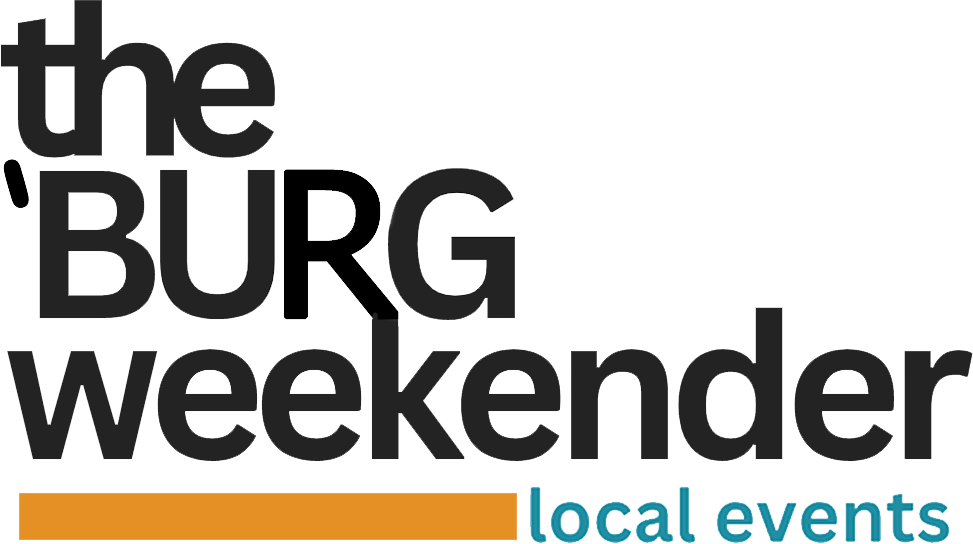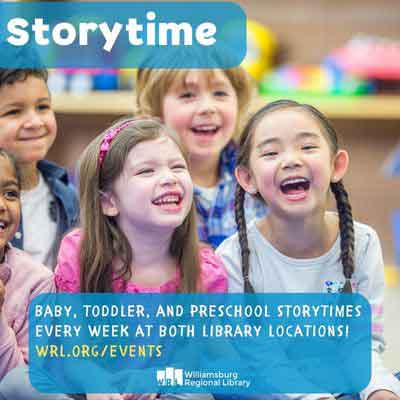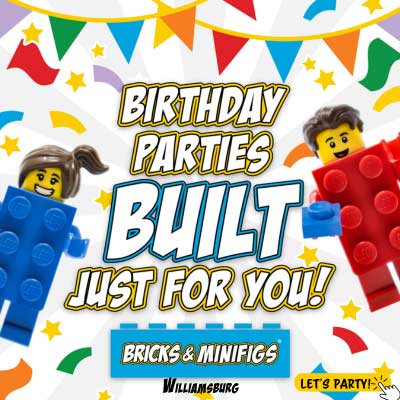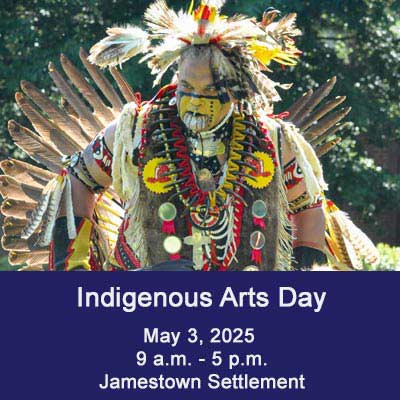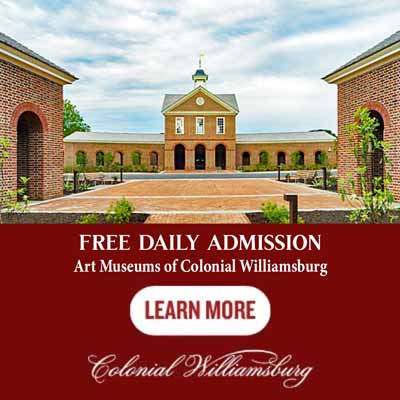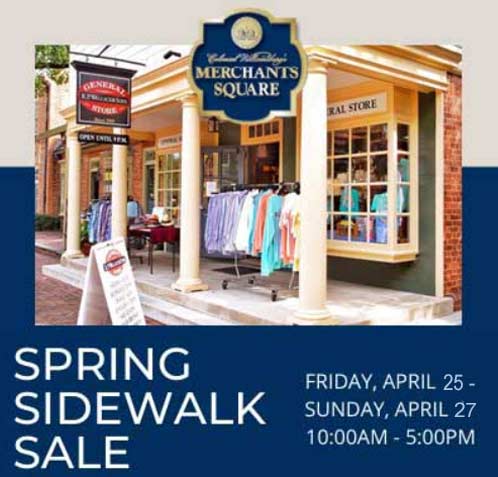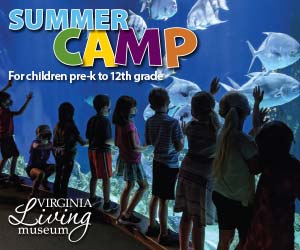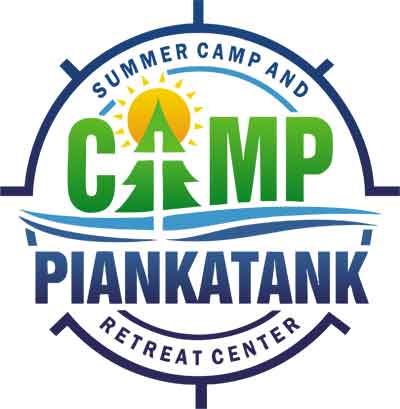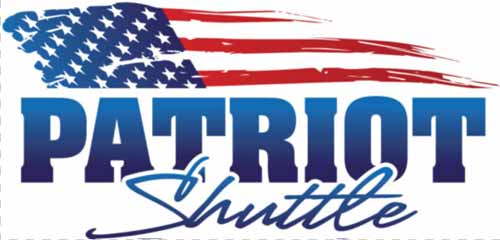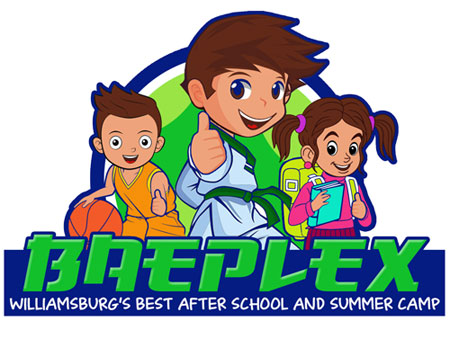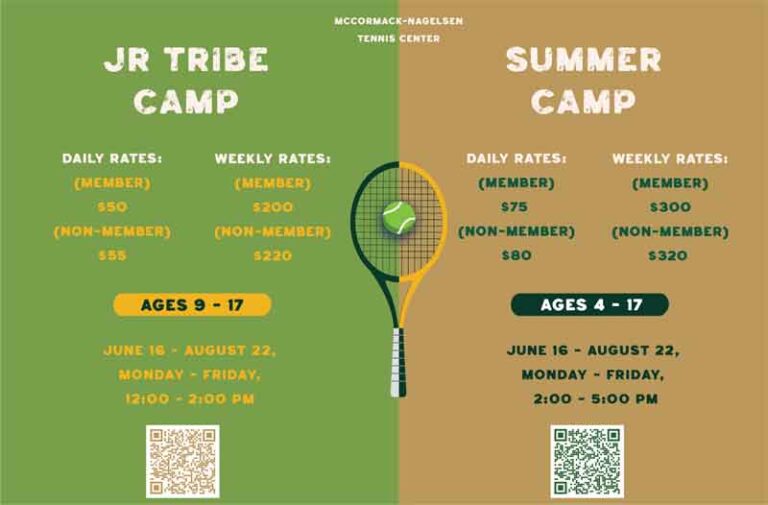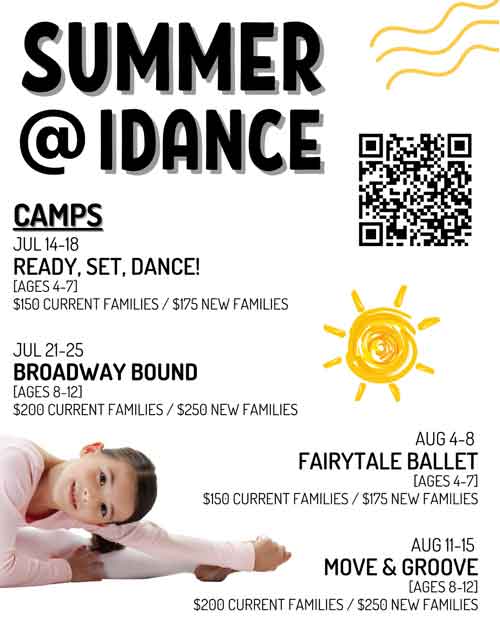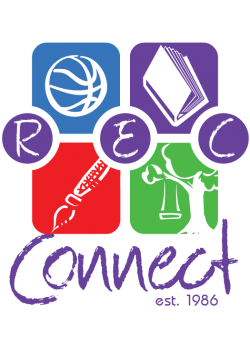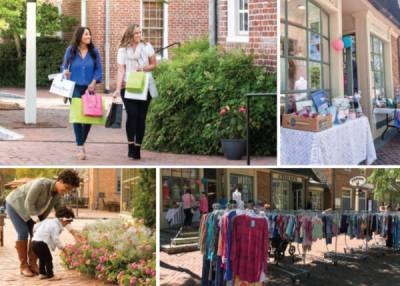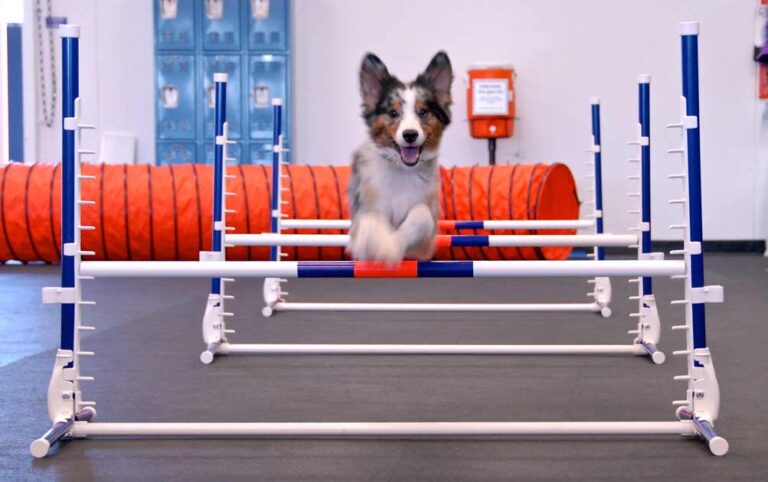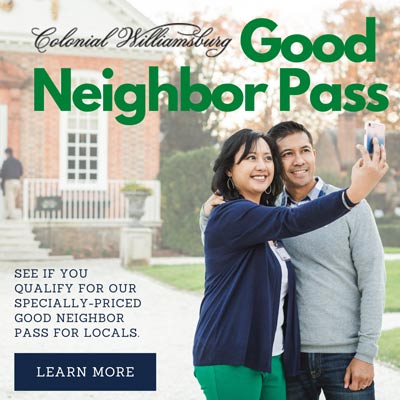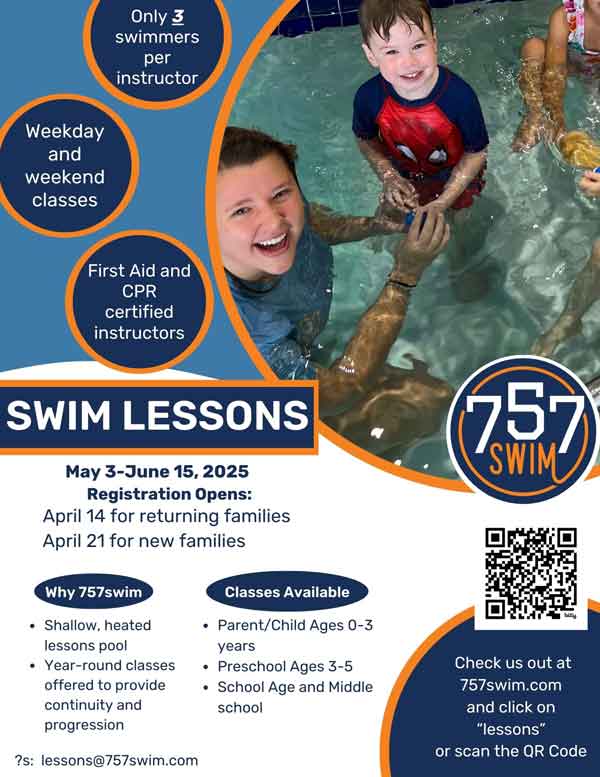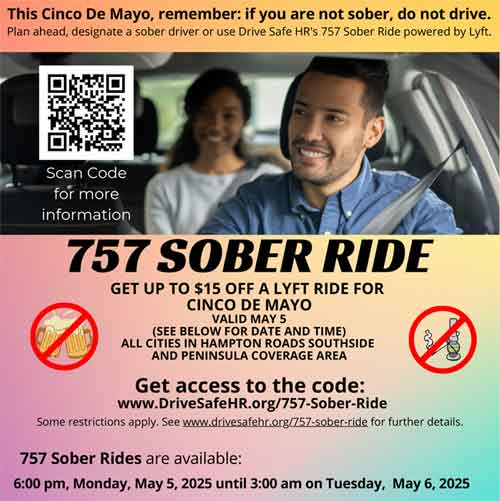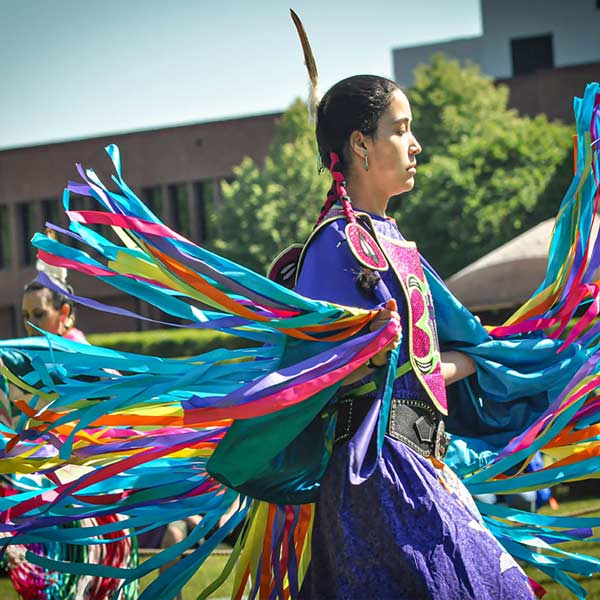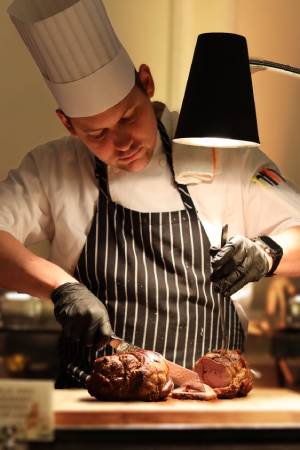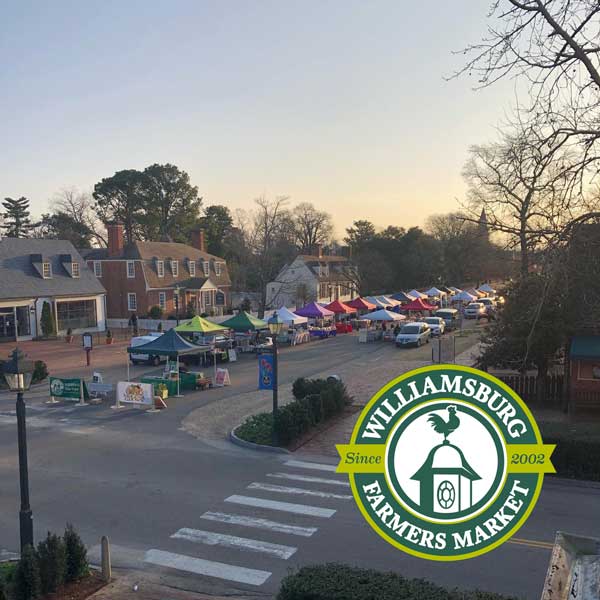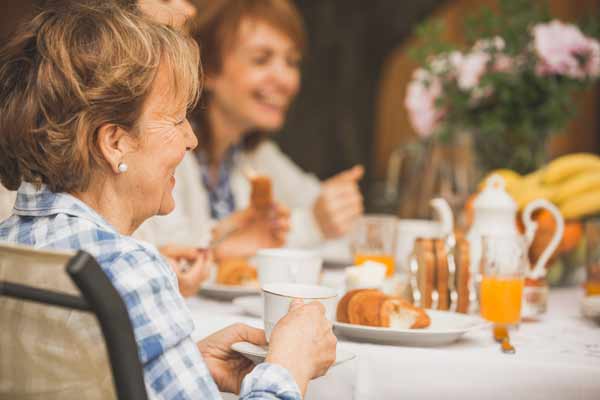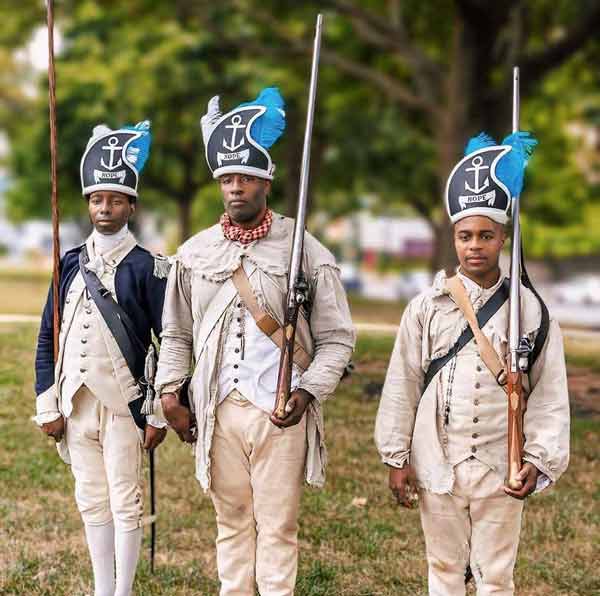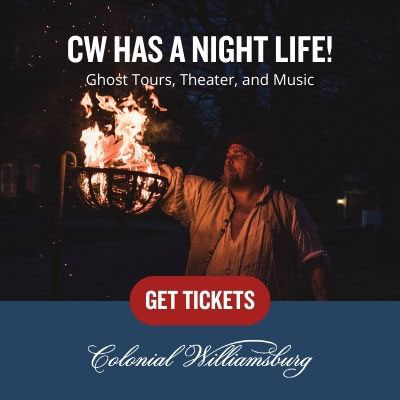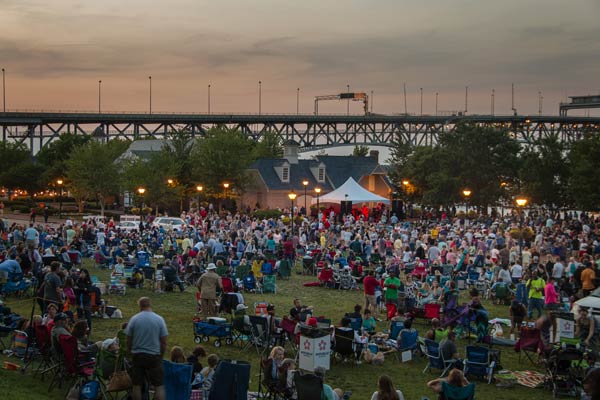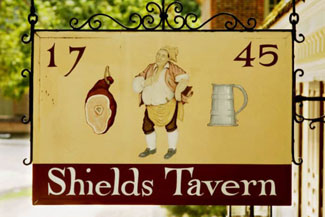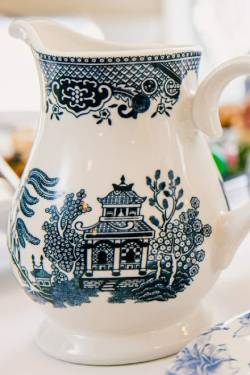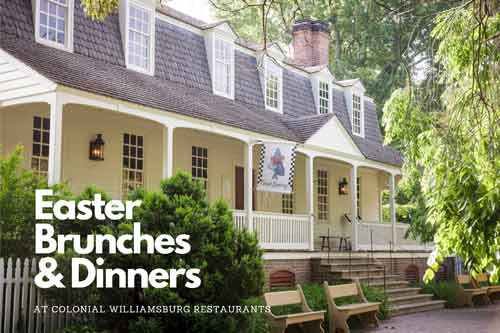Light and Dedication at Hanukkah
by Rabbi David Katz
In the northern hemisphere, Hanukkah usually takes place around the time of the winter solstice – which is, literally, the darkest time of the year. In the heart of winter, when the days are shortest and the nights longest, at those moments when we’re spending a lot of time inside and we see the least amount of sunlight that we do all year, the festival of Hanukkah comes along to literally bring more light into our lives. By giving us a holiday for which the most prominent symbol and ritual is to simply create light, at the moment of the year that has the most physical darkness, the calendar seems to be giving us a reason for hope and optimism. “Don’t despair,” the Hanukkiah (the nine-branched candelabra also known as a menorah) tells us; “It might be cold and gray and dark outside, but just like my candles, each day can be a little bit brighter. Have fun, eat a latke, and hang in there. More light is on the way!” This calendar seems to understand the natural rhythms of being human.
Rabbi David Katz is the rabbi at Temple Beth El of Williamsburg, and also serves as rabbi for Balfour Hillel, the Jewish student organization at the College of William & Mary. He has served at Temple Beth El since October, 2010. He previously served as Assistant Rabbi and Director of Education at Kehilat HaNahar: The Little Shul by the River, a synagogue in New Hope, PA.
Rabbi David grew up in New York City, and holds a B.A. in English from the State University of New York at Buffalo, with a minor in Media Studies. He was ordained as rabbi at the Reconstructionist Rabbinical College in June, 2009, where he earned a Master of Arts in Hebrew Letters.
Before attending rabbinical school, Rabbi David worked as the Youth and Program Director at a synagogue in Texas, as the Director of Cultural Programming at a Jewish Community Center in Florida, with troubled teenagers at a program for youth in crisis in Texas, and as a teacher in public schools in New York City and Florida.
An avid sports fan, who is particularly devoted to the New York Mets, he also enjoys music and film. He is married to Dr. Amy Lazev, a clinical psychologist. They have two sons, Noah (age 7) and Elijah (age 2).
Temple Beth El of Williamsburg
600 Jamestown Road at Indian Springs Road
Fri. Night Service: 7:30pm;
Sat. Morning Service: 10am
Office: (757)220-1205, www.temple-bethel.com


